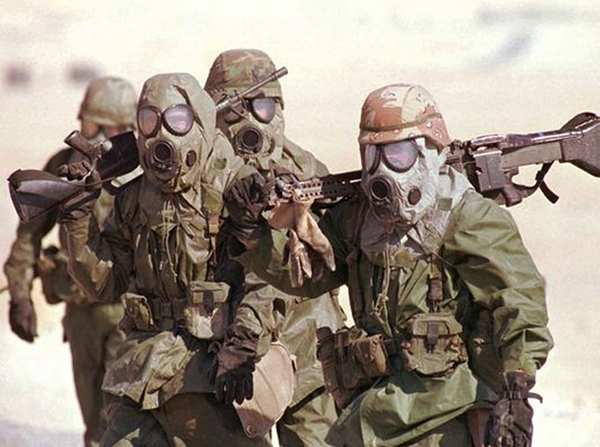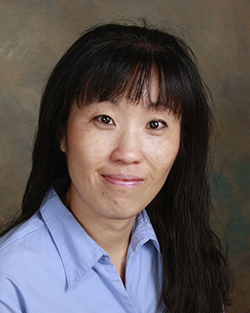A New Study Shows CBT-I’s Potential for Managing and Reducing Gulf War Illness Symptoms

Symptoms of Gulf War Illness (GWI), a chronic, multi-symptomatic disorder affecting returning military veterans of the Persian Gulf War (1990–1991) have been difficult to treat. Specific symptoms vary from veteran to veteran, but there are a number of common symptoms including chronic fatigue, widespread pain, insomnia and sleep disturbance.
Linda Chao, PhD is a professor in the Departments of Radiology and Biomedical Imaging and Psychiatry and Behavioral Sciences at UC San Francisco. Dr. Chao has an ongoing project at the San Francisco Veterans Affairs Health Care System (SFVAMC), funded by the Department of Veterans Affairs. This project seeks to use cognitive tests, structural, and diffusion tensor imaging (DTI) to examine the effects of deployment-related exposures on brain structure and brain function in Gulf War veterans.
 Dr. Chao and a team of investigators recently examined whether cognitive behavioral therapy for insomnia (CBT-I), delivered by telephone, improves both sleep and non-sleep symptoms of GWI. Eighty-five Gulf War veterans were randomly assigned to CBT-I as a variable group or monitor-only wait list as a control group. They underwent eight weekly sessions administered over the phone by PhD-level psychologists.
Dr. Chao and a team of investigators recently examined whether cognitive behavioral therapy for insomnia (CBT-I), delivered by telephone, improves both sleep and non-sleep symptoms of GWI. Eighty-five Gulf War veterans were randomly assigned to CBT-I as a variable group or monitor-only wait list as a control group. They underwent eight weekly sessions administered over the phone by PhD-level psychologists.
During the study, outcome measures included pre-, mid-, and post-treatment assessments of GWI and insomnia symptoms, subjective sleep quality, and continuous sleep monitoring with diary. Then, outcomes were re-assessed six months later. Overall, CBT-I produced significant improvements in overall symptom severity when compared to the control group, and these improvements were maintained after six months.
“CBT-I is associated with low stigma and it is increasingly available to veterans,” says Dr. Chao. “These factors plus the fact that it improved both sleep and non-sleep symptoms of GWI suggests that a comprehensive approach to GWI treatment should include behavioral sleep interventions.”
Additional authors from UCSF include Nicole Crocker, PhD, neuropsychologist at SFVAMC; Laura Straus, PhD, psychologist and clinical science researcher based at SFVAMC; Thomas Neylan, MD, director of the Posttraumatic Stress Disorders (PTSD) Clinic and the Stress and Health Research Program at SFVAMC and his team including Jennifer Hlavin, MS (lab manager), Tom Metzler, MA (senior research statistician) and Shira Maguen, PhD (principal investigator). Jennifer Kanady, PhD from Sleepio, a digital sleep improvement program from Big Health featuring Cognitive Behavioral Therapy (CBT) techniques was also an author.
The study was approved by the institutional review boards at the UCSF and the San Francisco Veterans Affairs Medical Center and registered with clinicaltrials.gov (NCT02782780). All participants provided informed consent and were paid for participation (up to $355 for completion of all study procedures).
Findings from this proof-of-concept trial were recently published in Life Sciences.
